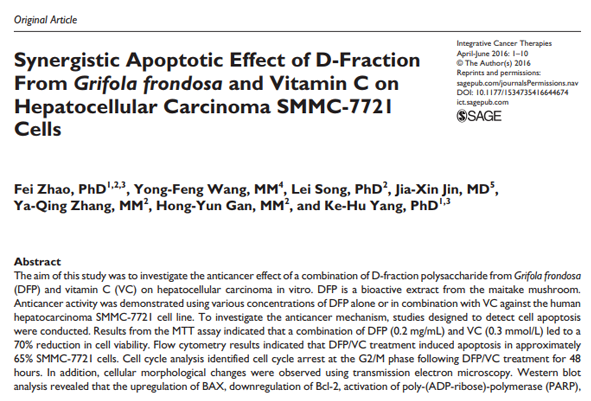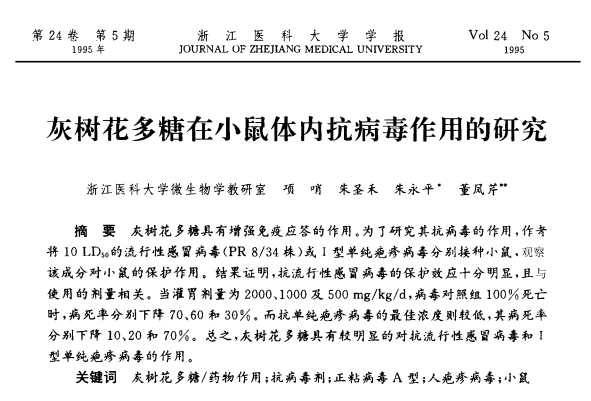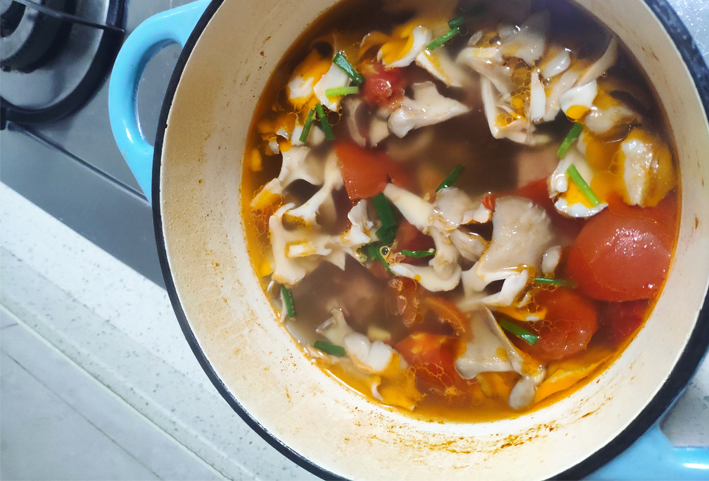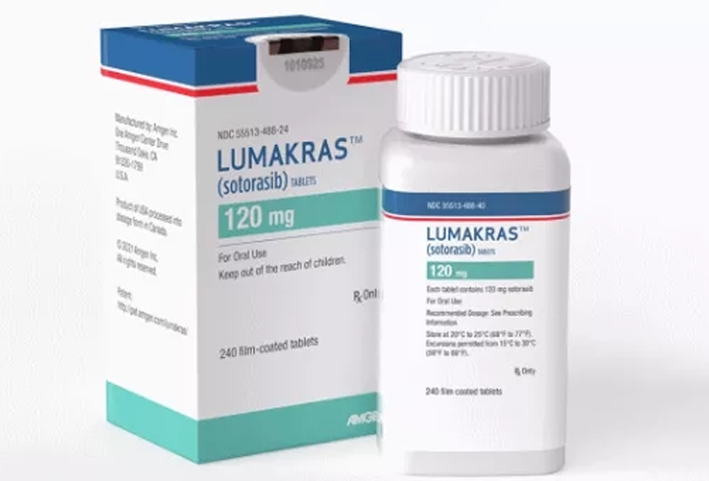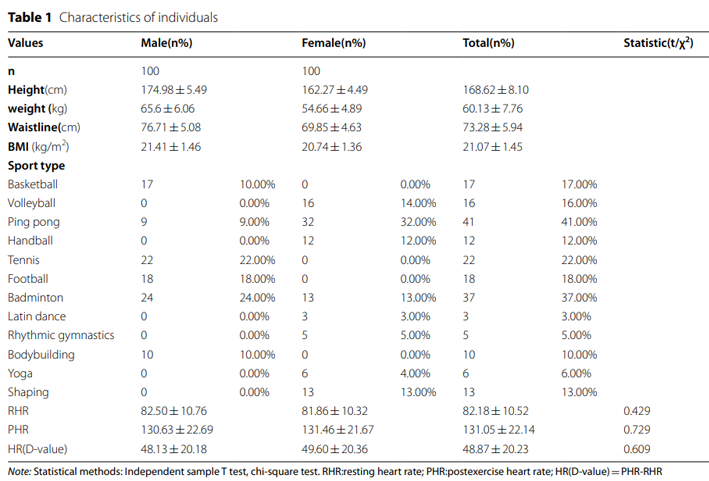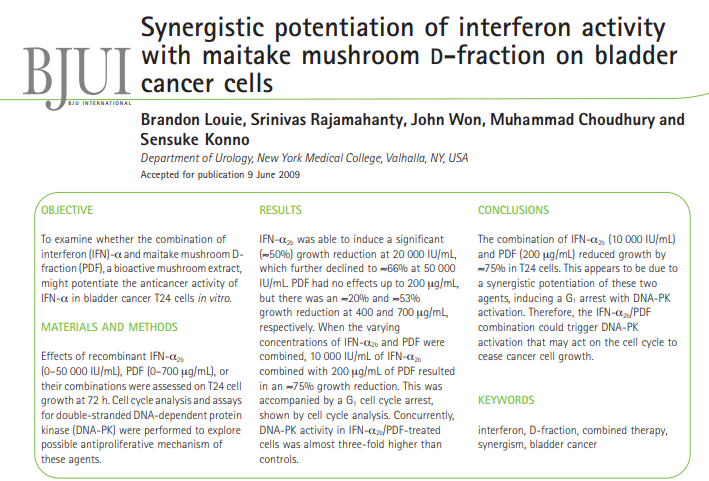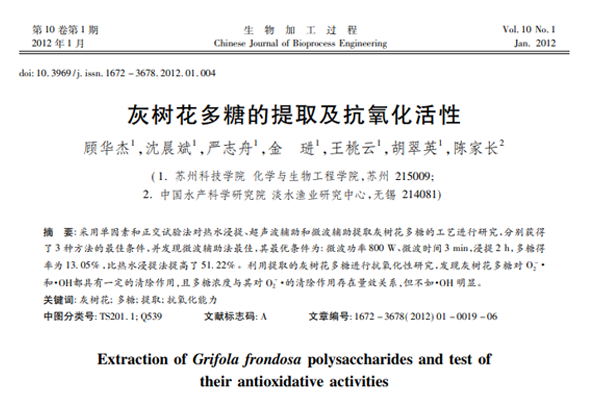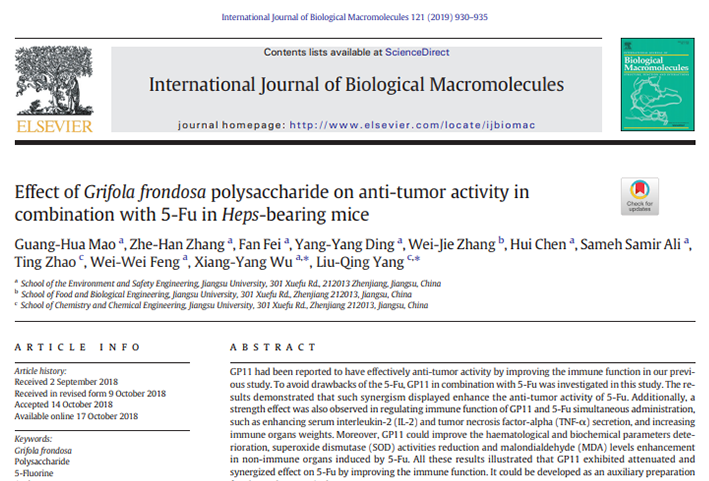Recently, the Journal of Pathology (if:7.996, ranking: pathology 5/77), an authoritative international journal in the field of Pathology, published online the Research Report of Professor Ke Yang's team in Peking University Cancer Hospital entitled "absence of Notch1 mutation and presence of CDKN2A deletion predict progress of esophageal remarks". Relying on the large-scale screening cohort of esophageal cancer population ("esecc study", nct01688908) carried out by the research group in China's high incidence areas of esophageal cancer, the nested case-control study revealed for the first time the association between the pre cancerous gene changes and the final canceration of the same individual, and found that "the reduction of Notch1 gene mutation level" and "the increase of CDKN2A gene deletion" can effectively predict the overall risk of disease progression to cancer, It provides an important scientific basis for "accurate monitoring after endoscopic screening of esophageal cancer". Associate researcher liumengfei, associate researcher Liu Ying and Dr. Zhou Ren of the research group are the co first authors of the paper. Professor Ke Yang, the head of the research group, and researcher hezhonghu are the co corresponding authors.
Recently, the Journal of Pathology (if:7.996, ranking: pathology 5/77), an authoritative international journal in the field of Pathology, published online the Research Report of Professor Ke Yang's team in Peking University Cancer Hospital entitled "absence of Notch1 mutation and presence of CDKN2A deletion predict progress of esophageal remarks". Relying on the large-scale screening cohort of esophageal cancer population ("esecc study", nct01688908) carried out by the research group in China's high incidence areas of esophageal cancer, the nested case-control study revealed for the first time the association between the pre cancerous gene changes and the final canceration of the same individual, and found that "the reduction of Notch1 gene mutation level" and "the increase of CDKN2A gene deletion" can effectively predict the overall risk of disease progression to cancer, It provides an important scientific basis for "accurate monitoring after endoscopic screening of esophageal cancer". Associate researcher liumengfei, associate researcher Liu Ying and Dr. Zhou Ren of the research group are the co first authors of the paper. Professor Ke Yang, the head of the research group, and researcher hezhonghu are the co corresponding authors.
Esophageal cancer is one of the most common tumors in China. Early screening with "upper gastrointestinal endoscopy under the guidance of iodine staining" as the main means is the main focus of the prevention and treatment of esophageal cancer in China. It is an important part of the overall program of esophageal cancer screening to give endoscopic reexamination and monitoring with different frequencies to the patients with mild and moderate precancerous lesions found in the screening. At present, China mainly determines the follow-up endoscopic monitoring scheme based on the "pathological diagnosis level" of esophageal lesions during screening. Specifically, endoscopic reexamination is recommended every 3 years or every 1 year for those with pathological diagnosis of "mild or moderate dysplasia", and endoscopic reexamination is not required for those with pathological diagnosis of "less than dysplasia".
However, in the previous longitudinal follow-up of a large sample of esophageal cancer screening disease cohort, Ke Yang's team found that if the post screening endoscopic monitoring was only based on the "pathological diagnosis", a considerable proportion of esophageal cancer cases would lose the opportunity to be protected because they were not accurately identified and included in the review plan, seriously affecting the overall protection effect of endoscopic screening. The key strategy to break through this bottleneck is to find "early warning markers of esophageal disease progression risk" and combine "pathological diagnosis" to realize individualization and accuracy of endoscopic reexamination and monitoring after screening.
This study relies on the large-scale esophageal cancer population screening cohort ("esecc study", nct01688908) carried out by this research group in high incidence areas of esophageal cancer in China for many years, including baseline endoscopic screening, reexamination monitoring and long-term follow-up. 27 pairs of "progressors" and "non progressors" among the screening objects were carefully matched, Whole exome sequencing (WES) was performed on the pathological biopsy tissues at the initial endoscopic screening and endoscopic reexamination. By comparing the somatic mutation, copy number variation (CNA) and mutation characteristic information of "progressive group" and "non progressive group", to explore the early warning markers of esophageal disease progression.
The study revealed that the "Notch1 gene mutation level decreased" and "CDKN2A gene deletion increased" in somatic cells at the stage of precancerous lesions can provide early warning of the risk of pathological progression to esophageal cancer, and the "gene score" composed of them can grade the risk of progression of individuals with abnormal iodine staining under endoscopy but without high-level pathological diagnosis. Macro epidemiological analysis showed that the cumulative risk of progression in the "high-risk group" was 5.31 times as high as that in the "low-risk group". This conclusion was successfully verified in 24 pairs of external samples from another population cohort. The application of this gene score will help pathologists identify high-risk individuals who may be "missed" or "risk underestimated" by pathological diagnosis, so as to improve the accuracy and protection rate of endoscopic follow-up monitoring after screening, and achieve "personalized accurate monitoring" after esophageal cancer screening.
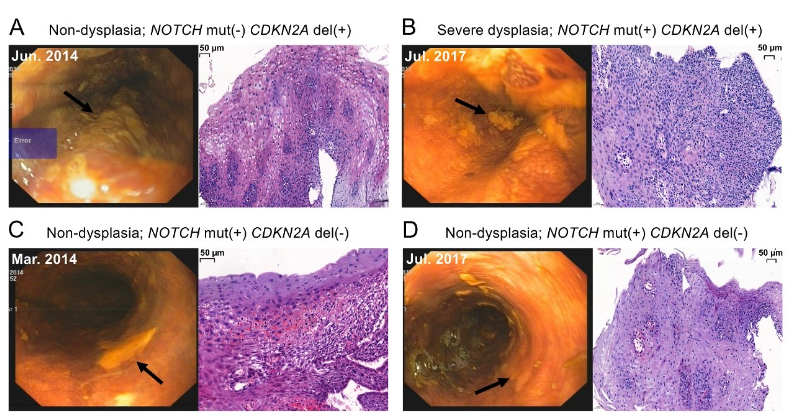
Endoscopic iodine staining characteristics, pathological diagnosis and gene marker status of a pair of "progressors (a, b)" and "non progressors (C, d)" with similar baseline pathological diagnosis and reexamination after 3 years
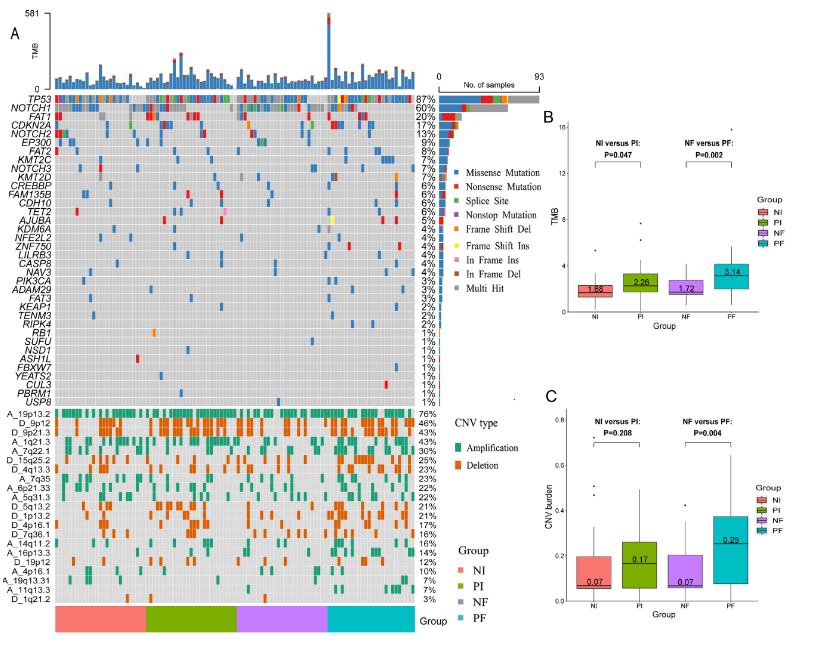
Somatic mutation and copy number variation in "advanced patients" and "non advanced patients"
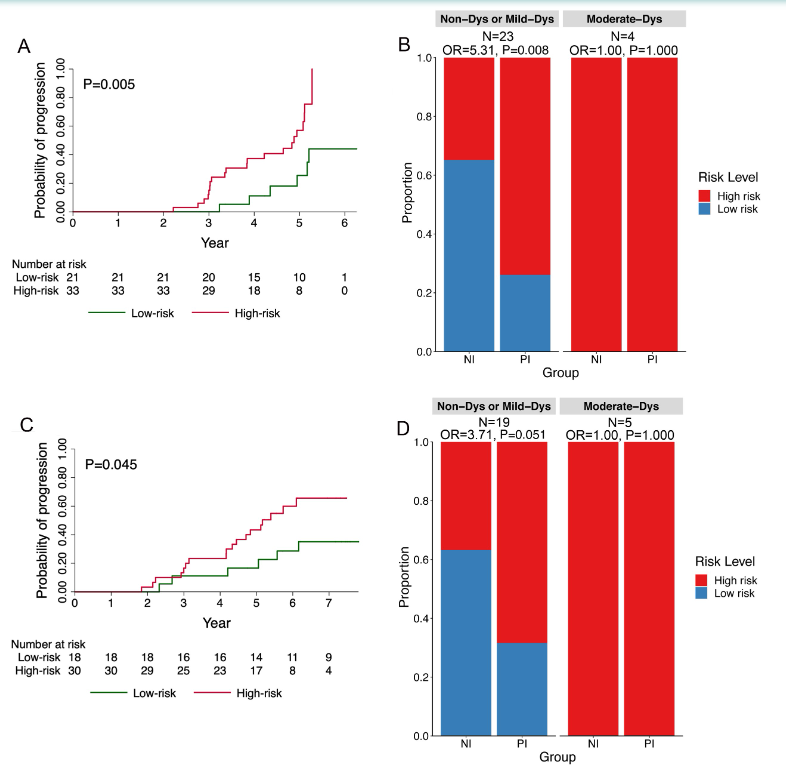
Early warning and stratification ability of gene score based on Notch1 mutation and CDKN2A deletion to the risk of esophageal disease progression
Over the past 20 years, Professor Ke Yang's research team has rooted in the high incidence areas of esophageal cancer in China, established a number of high-standard design natural populations and clinical disease cohorts, and continued to pay attention to the bottleneck problems in the field of esophageal cancer etiology and precise prevention and treatment. In the early stage, the team has built a "risk prediction model of esophageal malignant disease" and "risk prediction model of esophageal disease progression" that meet the characteristics of Chinese population based on macro flow survey data, providing a scientific and easy-to-use risk classification tool for "accurate identification of high-risk groups" before esophageal cancer screening and "personalized accurate monitoring" after screening. In the field of esophageal cancer-related biomarkers, high-level epidemiological studies were carried out to prove the distribution characteristics of 11 microorganisms in the mouth and the early warning value of 3 tumor associated antigen (TAA) autoantibodies in the serum for the risk of esophageal malignant lesions. Based on the previous work, this study further provided new candidate markers for "accurate monitoring" after esophageal cancer screening from the genomic level. This series of work will lay a key foundation for the establishment and improvement of the "esophageal cancer precise screening strategy" of "macro micro combination", which has clear public health significance and transformation application value.
Paper link:
https://onlinelibrary.wiley.com/doi/10.1002/path.5970
Source link:





